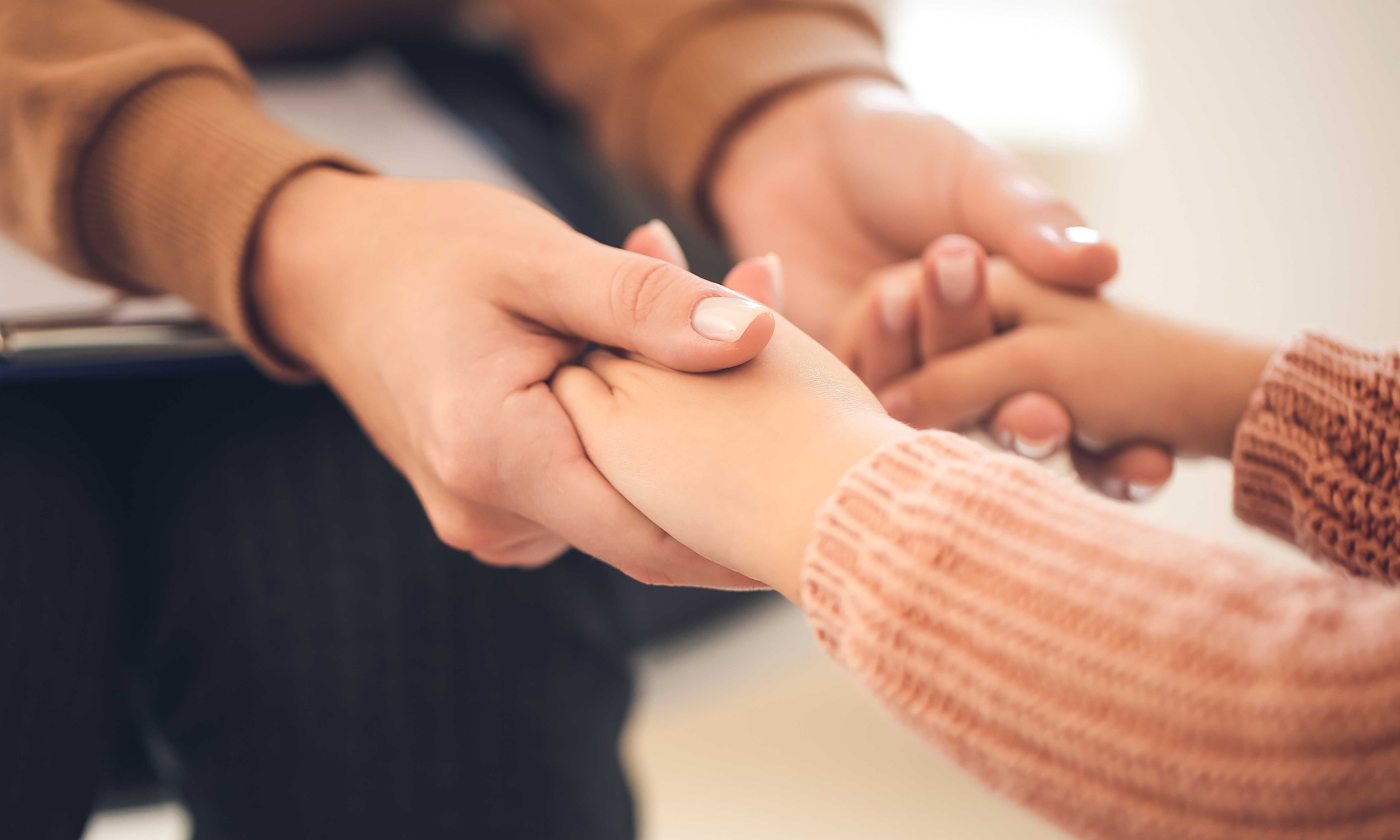If you or someone you know is impacted by sexual assault or family violence, call 1800RESPECT on 1800 737 732 or visit www.1800RESPECT.org.au. In an emergency, call 000.
Changes to a Victorian law back in February made it an offence to publicly identify victim-survivors of sexual violence.
These changes removed the capacity for survivors to give permission for their names or images to be published, as was the case under the previous law.
These “gag laws” were brought to light by the #LetUsSpeak campaign, led by Rape & Sexual Assault Research & Advocacy, End Rape on Campus Australia, Marque Lawyers and journalist Nina Funnell.
Now the Victorian government is “fast-tracking” reforms to the gag laws that would reinstate the rights of victim-survivors to speak out about their experiences of sexual violence and the criminal justice response.
But, in the rush to respond, have they got the details right?
What is hidden cannot be changed
There are good reasons to protect the identities of sexual violence victim-survivors.
Sexual violence has long been a hidden crime — one that is often gruelling to prove in court. And, for many victim-survivors, it’s difficult to construct a new life that is not defined by their victimisation.
After experiencing a crime that removed their choice and agency, it is vital to ensure media or any other parties do not further intrude on victim-survivors’ lives.
But what if a victim-survivor wants to share their account of sexual violence?
Speaking publicly about their experiences has been an important way that victim-survivors have contributed to societal understandings of the nature of sexual violence.
It is also vital in advocacy to improve our justice and support responses.
If sexual violence remains a mostly hidden crime, and one that is poorly understood by many Australians, how can we expect our community attitudes and responses to change?
What went wrong?
The government introduced the gag laws as it sought to address another problem with the law — there was no avenue to overturn a suppression order in a sexual offence case.
But, in addressing this issue for victim-survivors in cases subject to such an order, the government introduced a requirement that all victim-survivors of sexual offences had to seek a court order to be able to speak out.
This applied even in cases where the perpetrator had been found guilty of the crime.
The process has proven problematic and expensive.
For many victim-survivors, obtaining a court order would be impossible without legal representation to help navigate the court process.
But it is not only the financial cost at issue. For many, the courts are sites of great trauma. Victim-survivors who have had to go through a gruelling trial have referred to the process as a “second rape”.
Others never get legal recognition of their experience.
The proposed reforms before the Victorian parliament go some way to restoring the rights of victim-survivors.
First, the bill states the prohibition on publication does not apply where a survivor self-publishes — for example, through social media posts.
The reforms would also allow adult victim-survivors over the age of 18 to give written permission for a third party to publish their identity.
Those under 18 will need a doctor, psychologist or other prescribed person to “verify” their permission.
Consultation and reform still needed
While some of these proposed changes are steps towards restoring the agency of victim-survivors of sexual violence, the bill still has some flaws.
The new law states the prohibition on identification applies to both living and deceased victims of sexual offences.
Because a deceased person cannot give written permission, naming them would require a court order.
This means the families of women who are raped and murdered cannot publicly name their loved ones without first applying for and receiving a court order.
The families of women like Jill Meagher would need a court order to share her story.
This also means we would not be able to include her name in an article like this.






